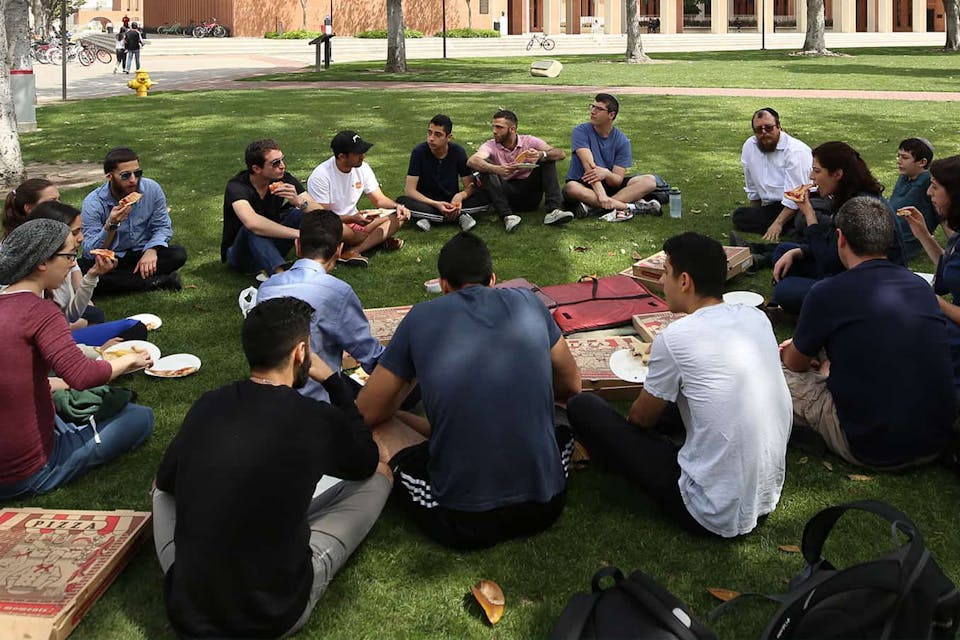
August 18, 2025
Jews Shouldn’t Give Up on Universities, and Neither Should America
What Chabad knows about Jews on campus.
In a recent conversation about Jewish life at elite universities, someone asked me, “At what point do we just give up?” The question wasn’t an expression of cynicism, but of exhaustion. At institutions where Jewish enrollment is statistically declining, where Israel is increasingly demonized, and where religious expression often feels out of step with prevailing campus culture, it’s tempting to look at the landscape and wonder whether it’s time to invest elsewhere.
But to give up is to misunderstand the stakes, and to miscalculate the important successes already unfolding on campuses. And standing stubbornly, and joyfully, against this tide is Chabad.
The reason is simple, even if it sounds radical: Chabad doesn’t take its cues from numbers. It takes its cues from faith: faith in the Jewish soul, in the vitality of Torah, and in the enduring power of presence. That’s why, even as others lament shrinking rosters or shifting identifications, Chabad sees something else: packed Shabbat dinners, vibrant Jewish learning at midnight, big crowds at menorah lightings in the middle of finals, and students who never thought they had a place in Jewish life discovering not just a seat at the table, but a home.
Responses to August ’s Essay
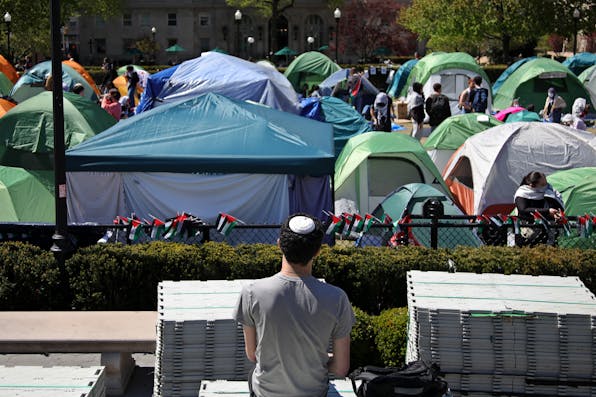
August 2025
The Future of Higher Education and the Jews: A Symposium
By The Editors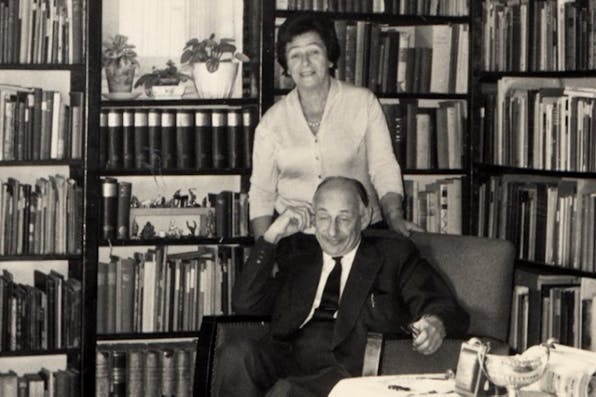
August 2025
How Jewish Studies Became a Tool of Adversarial Culture
By Ruth R. Wisse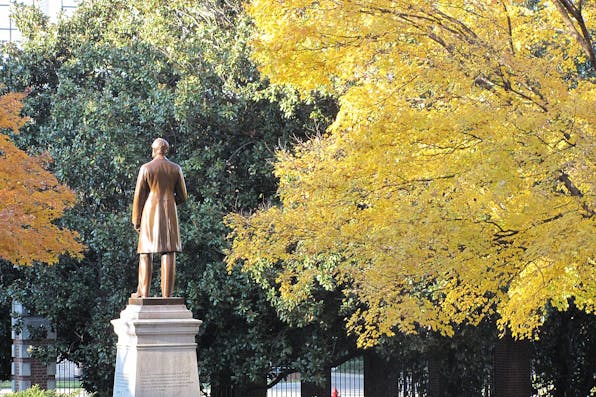
August 2025
The Future of Universities Must Be Built on Firm Values
By Daniel Diermeier
August 2025
Western Civilization and the Jews: A Shared History
By Steven H. Frankel
August 2025
The Quest for Wisdom, Truth, and Virtue at the University of Dallas
By Jonathan J. Sanford
August 2025
Universities Need Teachers Who Want to Teach, and Students Willing to Learn
By Bella Brannon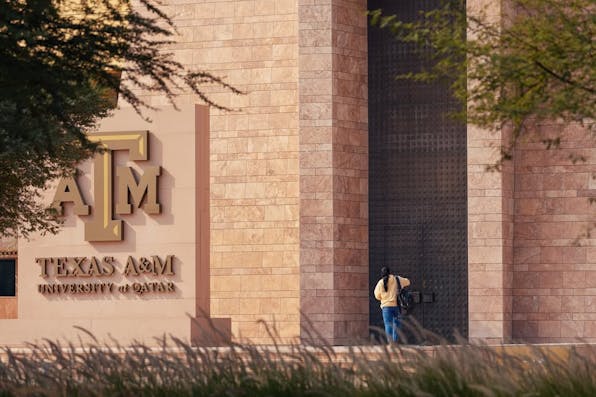
August 2025
Saving American Universities Requires Cracking Down on Foreign Funding
By Danielle Pletka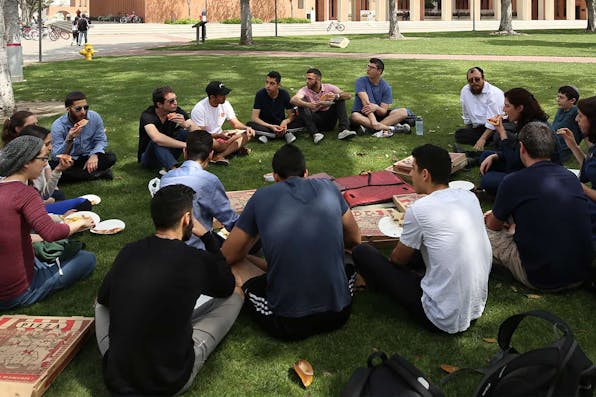
August 2025
Jews Shouldn’t Give Up on Universities, and Neither Should America
By Eitan Webb
August 2025
The Moral Collapse on Campus Is a Result of the Hollowing Out of the Humanities
By Alexander S. Duff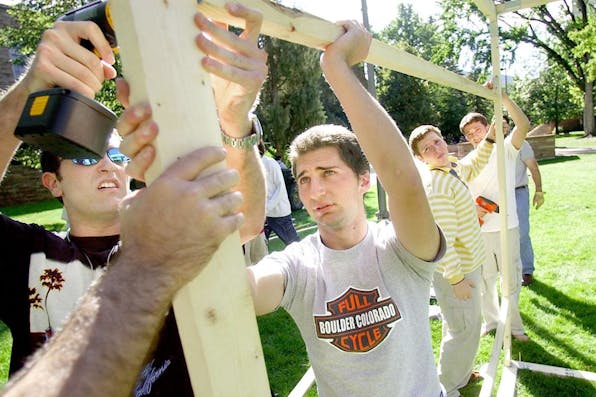
August 2025
Return American Universities to Their Religion-Friendly Roots
By Liel Leibovitz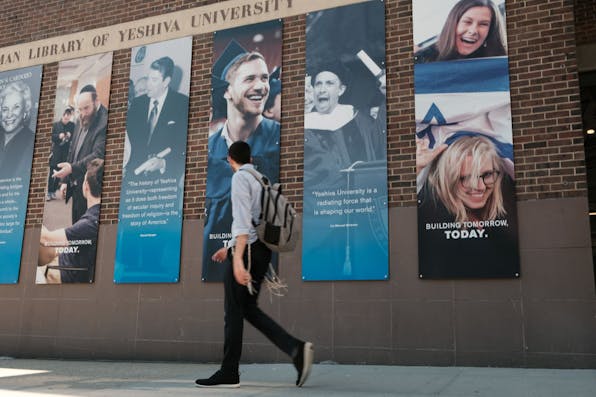
August 2025
To Make the Academic Desert Bloom, Look to Religion
By Ari Berman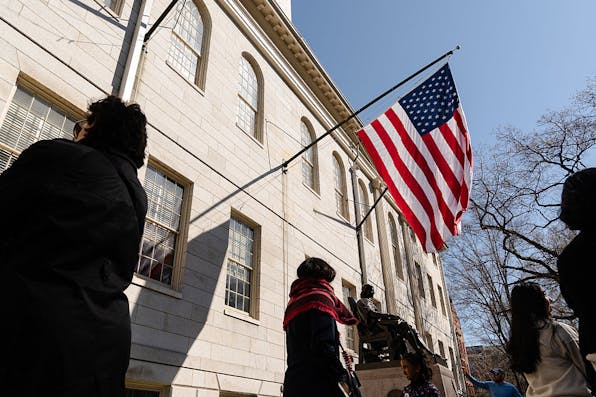
August 2025
The Universities and the American Crisis
By Ben Sasse
August 2025
The Campus Intifada Is a Golden Opportunity for Those Who Study Israel Seriously
By Avi Shilon
August 2025
With No Easy Fixes for Middle East Studies, It’s Time for New Programs
By Robert Satloff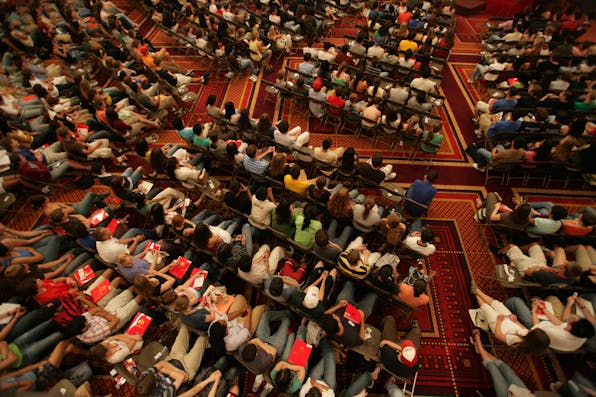
August 2025
The Perverse Microeconomics of the American University
By Michael Hochberg